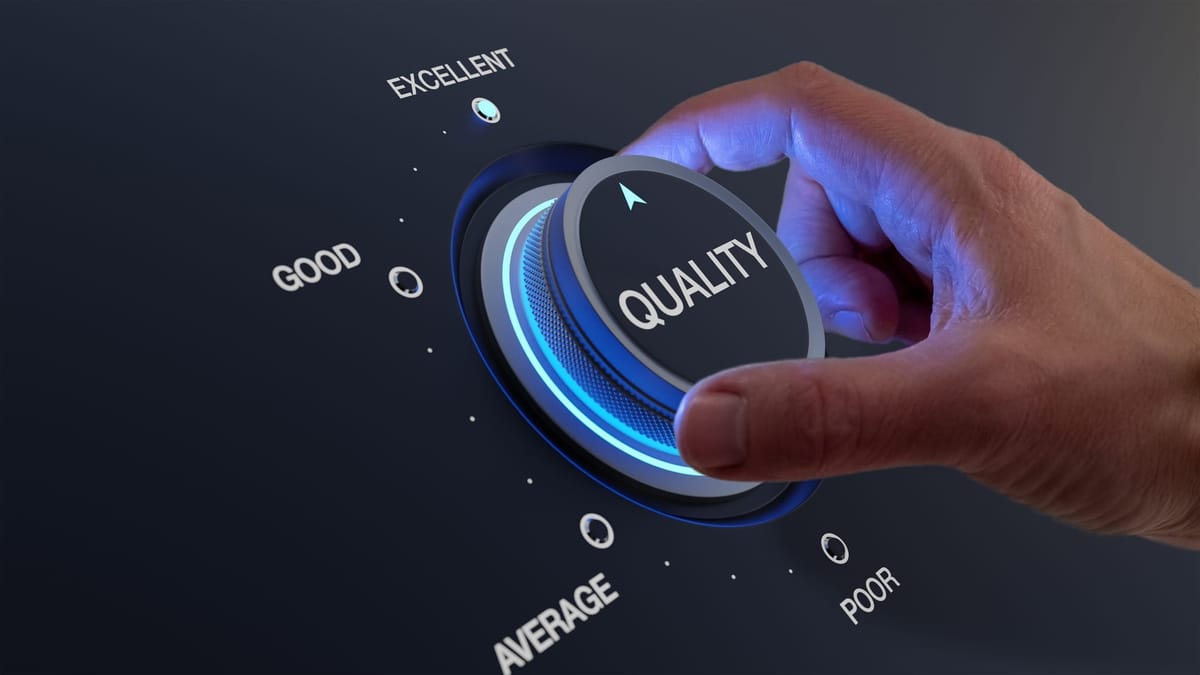Selecting the Right Suppliers

No matter what industry you're in, working with suppliers is essential to running your business. For example, manufacturers need raw materials and equipment, construction companies need building supplies and materials, and restaurants need food, kitchen equipment, and other supplies. Many companies can't run their business alone, but finding a reliable supplier isn't always easy. It's important to compare suppliers from various perspectives and choose the best one for your business. Let's look at how to find a good supplier with BoxHero!
Vendor selection criteria for strategic collaboration
Suppliers provide products or services to companies, who in turn use them to run their businesses. But with so many suppliers out there, how do you find the right ones to provide your business with the resources it needs, on time, and at a reasonable price?
First of all, we need to establish what we think a good supplier should be because every company has different values and priorities. A company that emphasizes productivity will focus on quality. A company that aims to produce more products in the same amount of time will focus on rapid procurement, and so on. This is why we need customized supplier selection criteria. There are a lot of different things to consider when selecting a supplier, but the main ones are quality control, pricing, and procurement management.
Quality control
Quality is one of the key elements of a good supplier. To assess whether a supplier's products meet your quality standards, you can request samples or visit their factory to ensure they have the necessary equipment. You should also thoroughly research whether the supplier complies with regulations and standards in your industry. This is especially important in industries like healthcare, automotive, food, and chemicals, where quality standards are strict.

Pricing
You can't run a business without thinking about maximizing profits, so it's important to look at price when choosing a supplier. Compare quotes from multiple suppliers to find the one that offers the product at a reasonable price. That's not to say that you should blindly choose the cheapest supplier, as they may not be as good as others, and you may end up spending more than you expected to meet your minimum order quantity (MOQ). Imagine you only need 50 units, but you need to order 100. You'll end up paying to keep unnecessary inventory on hand. As you can see, the cheapest supplier isn't always the best choice. It's a good idea to evaluate a supplier's price competitiveness based on multi-faceted cost factors.

Procurement
If your suppliers don't deliver ordered products on time, your operations will be disrupted, so it's essential to make sure they can deliver products on time as promised. Find out how long it takes them to accept and fulfill orders, and if they've ever had to deal with unexpected supply chain disruptions. Some companies consider the supplier's location, which has a significant impact on transportation costs, lead times, etc., and production scalability, which allows for flexibility to respond to changes in demand, as important evaluation factors in terms of procurement management.

Checklist for selecting a vendor
Do you have an idea of what aspects to consider, but aren't sure what specific questions to ask when you meet with vendors? If so, create a vendor selection checklist ahead of time! A checklist can help you remember the questions you need to ask, but it can also be an organized evaluation tool to compare multiple vendors effectively. By assigning a number to each response, creating a scale, and adding up the scores based on importance, it can help you identify the right vendor for your organization.
If you're struggling with vendor selection, we've compiled a list of questions to ask potential vendors, which you can use to create your own vendor selection checklist!
• Do they have the required equipment for production?
• How do they maintain those equipment?
• Do they comply with industry standards and regulations?
• Do they conduct regular quality assessments?
• How do they store the products?
• How do they package the products?
• What is the product's price?
• Is there a MOQ (Minimum Order Quantity)?
• Is there a discount for large orders?
• What is their refund policy?
• How do they process orders?
• What is their average lead time?
• Can they adapt to supply chain disruptions?
• How long does shipping take?
• Can they process additional orders with short notice?
Even after you've selected your suppliers, there are still a few things you need to take care of. To ensure a smooth collaboration with your suppliers, you need to establish optimal communication methods to minimize overstocking and understocking, and an inventory management solution is a great tool to help you communicate with your suppliers. BoxHero can help you share your inventory history with your suppliers in real-time, allowing you to operate your procurement system under a mutual relationship.
And don't forget to prepare an alternate supplier. Even if you've chosen your suppliers carefully, unforeseen issues can always arise. A secondary supplier is an effective strategy to minimize the impact of supply chain issues on your business. In addition to this, it's important to conduct regular supplier assessments to avoid supply delays or quality control issues. This will help you ensure that you're working well with your suppliers and lay the foundation for a positive working relationship that produces quality products efficiently.
Suppliers are an essential part of running a business. Why not start practicing quick and transparent supplier communication, cost-effective procurement, and inventory management with BoxHero, an inventory management solution? Maintaining positive relationships with good suppliers will help you run a successful and stable business.


